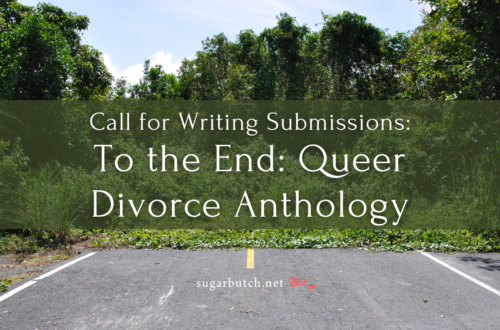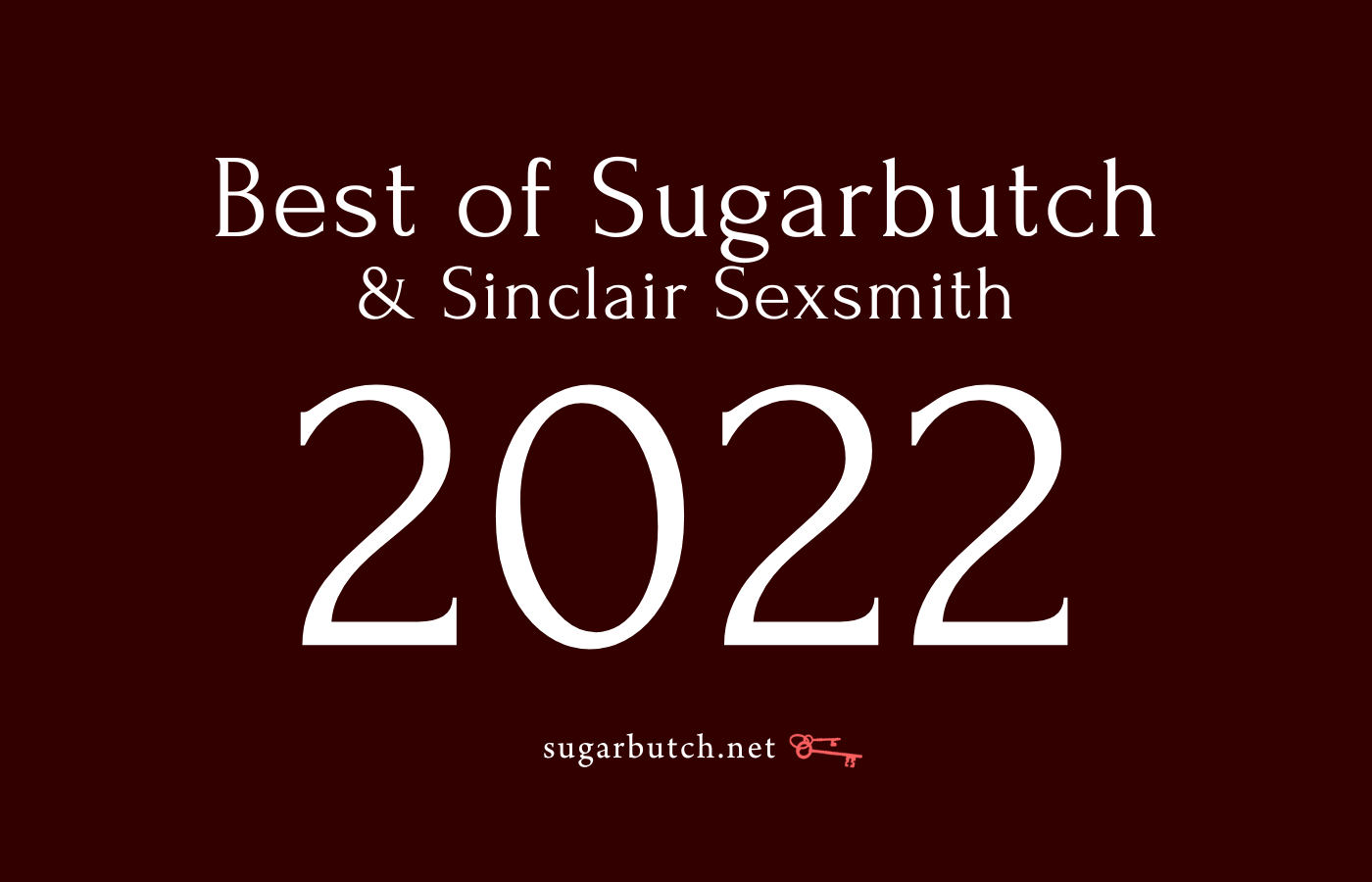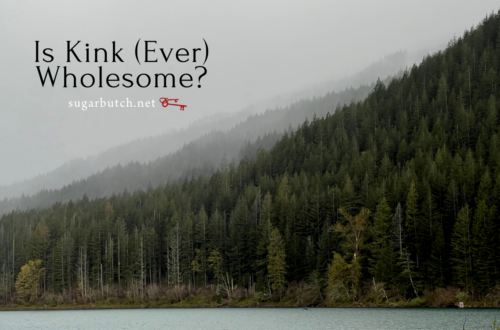Last week, I dreamt of my future wife.
That’s a strange thing to write down and admit, actually, especially publically; but I thought exactly that when I woke: that was my future wife. I still know exactly how she tasted, smelled, how her waist felt in my arms.
I’m not sure how I feel about marriage, really. My mom has always said I should wait until I’m 30 to get married, and thinks too many people get married too young. I don’t really think the government should have anything to do with my personal relationships, and I don’t think the government should value certain kinds of relationships over others – one man + one woman? What about a triad, a lesbian couple, co-habiting straight men? Who cares how people make a household work, as long as they do?
But: I do believe in commitment, in stating publically that you love someone, in gathering friends & family in a ceremony that celebrates and affirms the difficulty, the support, the community around a relationship.
Since I came to be aware of the inequalities of queer relationships in the eyes of the law in, oh, I don’t know, high school? middle school?, it has just been a given that I couldn’t “actually” get married.
“Whatever,” I told myself. “Like I would get married anyway. Like I want The Church + The State involved in My Relationship.”
And the activist circles I ran in were skeptical of marriage as The Gay Rights Issue: “There is so much to be done!” we argued. “Marriage is such an issue of privilege. What about hate crime legislation, discrimination policies for the workplace, queer homeless youth, AIDS, suicide rates, the drinking/drug problems in the queer communities? What about foster kids and adoption and simply BEING KILLED because of gender and sexual orientation? What about cissexism and trans advocacy?”
Unfortunately, the momentum of queer activism isn’t necessarily in the radical queer youth & college students – it’s with the money. And mostly-white mostly-middle-class homos have already decided what The Gay Issue is: marriage.
It’s a symbol, really: not just a symbol for normalcy, but a symbol for a relationship. And that’s what is at the heart of this movement, the heart of the difference in sexual orientation: the right and ability to choose whom we love, with whom we partner.
While my personal beliefs are still a bit more radical than that, I’ve studied the history of social change enough to know that chnage happens gradually, in pockets, a little bit at a time. I also feel like gay marriage activism is a limited scope – like aiming for the mountaintop instead of the sky – because it still defines marriage as two people, right, we’re still talking about working within the monogamy system here. So while many of our poly friends are going “rah rah gay marriage! And PS, what about us?” the gay marriage activits are kind of saying, “Shhh, we can’t talk about your issues right now.”
But then again, it’s easier to go little-by-little than to overhaul the whole system. It’s a classic social change model conflict – after observing a system of oppression, do we a) work from within it to attempt to change it, or b) throw it out completely and start over? My radicalism wants marriage to be thrown out. I mean really, what good is it? But I feel the same way about other institutions that seem to matter to some feminist theorists and reclaimists, such as Christianity. I don’t personally have any investment in the system of Christianity, so I can’t imagine going inside of it to fix and change the oppression and hierarchical marginalizing structures that are in place – but others do have that investment, and are doing the work to include women in clergy, to research the history of more women saints, of queer history in the church, etc. Lesbian and feminist priests and nuns and churchgoers – what they find in the practice must be worth the work of reclaiming and rebuilding, for them.
Actually, I can draw a parallel here: for me, it is language. I am a poet at heart and never cannot be. People ask me why I use language they deem offensive – dyke, fag, pussy, cunt, slut, butch, femme, queer – and I try to explain it is because I love these words. As if they were delicate glass boxes filled with mud, I pick them up from being buried in the compost heap and wash them, dig the dirt from their creases, make their silver shine, make them see-through again. I am invested in the system of language, even though within it -built into the very makeup – is a hierarchy that says certain people are better, best.
Which brings me to my next point: words. Of course “marriage” is not the same thing as “civil union” or “domestic partnership” – the words are different. “Beautiful” is not the same thing as “cute” or “gorgeous” or “attractive” or “stunning” or “elegant” or “handsome,” right? Those all have slightly different connotations, even if their definitions are overlapping and very similar.
I am a poet. I’ve worked hard to say that sentence. I eat words for breakfast and fall asleep with book after book open on my pillow. I theorize language and meaning and definitions and semantics, revive words that are suffering, influse love and equality and value where I can.
It doesn’t matter how many rights there are in a “civil union” or “domestic partnership,” they will never be marriage, because they are not the same word.
Period.
Mark Twain wrote, “The difference between the almost right word & the right word is really a large matter – it’s the difference between the lightning bug and the lightning.”
It is the difference between fire, and a firefly.
Words are not some static, fixed thing. They are living, they have lives and evolutions, they are manifestations of the culture from where they come, in which they are used. We can change them. They do change and evolve and grow to suit the needs of culture – they reflect a culture, but they also shape a culture. A new concept, term, or phrase can define a movement, a change, activism.
Researching all this information about the state of gay marriage in my country recently has really got me thinking about my own future. I don’t come from a very traditional family, I’ve never thought I would have a very traditional wedding – bridesmaids, groomsmen, white dress, any of that. I’ve received some amazing, beautiful, moving photographs from queers over the last few days, and I find a part of me is craving to have some beautiful party, some celebration, where my love and I can costume up and wear cool clothes and be surrounded by our friends looking dashing.
So I have some ideas forming about what I’d do for my own ceremony. No real dealbreakers, just ideas that I like. Although I am really attached to the idea that our first dance would be choreographed – let’s hope my future wife knows how to swing. (Let’s also hope next time I’ll dream her phone number or URL, so I’ll figure out how to contact her.)
—
* I hate this common use of “gay” and not infrequently call people on it when I hear them say it. But the tension in this sentence – calling marriage “gay” – cracks me up. Kind of like the bumper sticker I saw at Little Sister’s Bookstore in Vancouver, BC many years ago, which read, “Straight people are so gay.” Hah!
8 Against 8: 8 bloggers – 8 days – as much money as we can raise to defeat Proposition 8 in California. Vote no on Prop 8!




I totally hear you on this. As a radical queer myself, I spent many years fighting AIDS, and then I turned around and saw some of my community fighting to be in the military AND get fucking married. Both things seemed useless to me, and I didn't endorse or waste energy on either for a long, LONG time.
And now? I think that change is glacial and incremental and every little bit pushes us closer to equality. Whether I ever get married or not, I now believe that this particular fight is worth it.
Although I will totally cop to daydreaming about my beautiful white Princess dress, and my father dancing with me at my wedding and then handing me off to the butch of my dreams someday.
Please keep posting this stuff. Whether we like it or not, what we do, who we are, hell, how we fuck, it's all a political statement. And we need to stay awake and pay attention, even here.
And still read great smut, of course.
Peggy Sue
That Mark Twain quote is ever so slightly perfect and has required me to redesign my blog to include it. Totally thank you.
I was 100% with you (and Peggy Sue) about the whole "really? this is the most important fight", coming from an AIDS activist background.
But I've come to understand that there's some logic to it, behind just money. I think perhaps seeing married, peaceful "just like us" queers will decrease the resistance to other aspects of the agenda (ie hate crimes legislation, equal protection clauses).
Maybe.
As if they were delicate glass boxes filled with mud, I pick them up from being buried in the compost heap and wash them, dig the dirt from their creases, make their silver shine, make them see-through again.
oh my god, you are such a poet. I adore your way with words! and I can't wait to see you swing dance at your wedding… xo
Shite, you’re making me cry! *wipes my eyes. smearing my mascara…again*
I'm gonna come in with the much-abused but still classic statement- "The personal is political". Because it still is, as much as I sometimes wish, in this case, it wasn't. I still don't get this whole one-is-better-than-the-other approach to marriage- have these legislators and protesters actually met the people they're condemning? How can you look me in the face and tell me I can't legally link my life with the woman I've loved for 10 years (and counting)?
Anyway, thanks for this post.